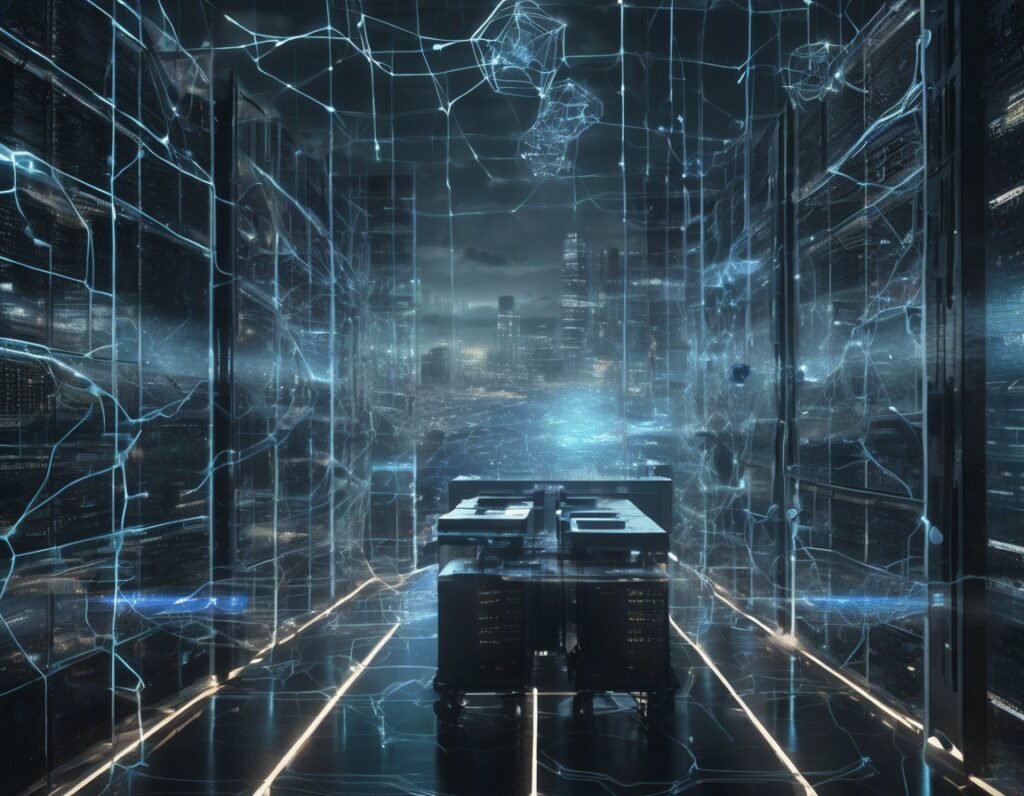The Rise of Decentralized AI: Why Rented Compute Won’t Last
Most AI startups today operate on borrowed infrastructure, relying on rented cloud compute to power their models. This model is unsustainable. By 2027, the dominance of centralized platform providers will squeeze out 70% of these companies, leaving only those that embrace decentralization as the true survivors.
The problem with rented compute is simple: it creates dependency. AI startups today are essentially middlemen, fine-tuning open-source models or wrapping APIs, then reselling access. The real power lies with the cloud providers—the landlords of the digital age. These platforms control pricing, access, and even the rules of engagement. As competition grows, margins shrink, and the cost of compute rises, most startups will find themselves priced out or locked into unfavorable terms.
Bitcoin showed the world the power of decentralization. By removing intermediaries, it created a system where value could be exchanged without gatekeepers. AI must follow the same path. Decentralized AI shifts control away from corporate overlords and toward open networks where compute is distributed, models are verifiable, and access is permissionless.
The future belongs to protocols, not platforms. Instead of renting GPU time from a handful of providers, decentralized AI leverages a global network of contributors. Think of it as Airbnb for compute—anyone with hardware can participate, and anyone with a need can tap into the collective power without middlemen taking a cut. This model reduces costs, increases resilience, and prevents single points of failure.
Already, projects are emerging that challenge the status quo. Some are building decentralized GPU marketplaces, while others are creating federated learning networks where models train across distributed nodes. The goal is the same: break free from rented compute before it breaks the industry.
The clock is ticking. Centralized AI is a trap, and the window for escape is closing. Startups that fail to decentralize will vanish, swallowed by the very platforms they depend on. The ones that adapt will thrive—not as tenants, but as pioneers of a new era where AI is truly open, accessible, and unstoppable.

